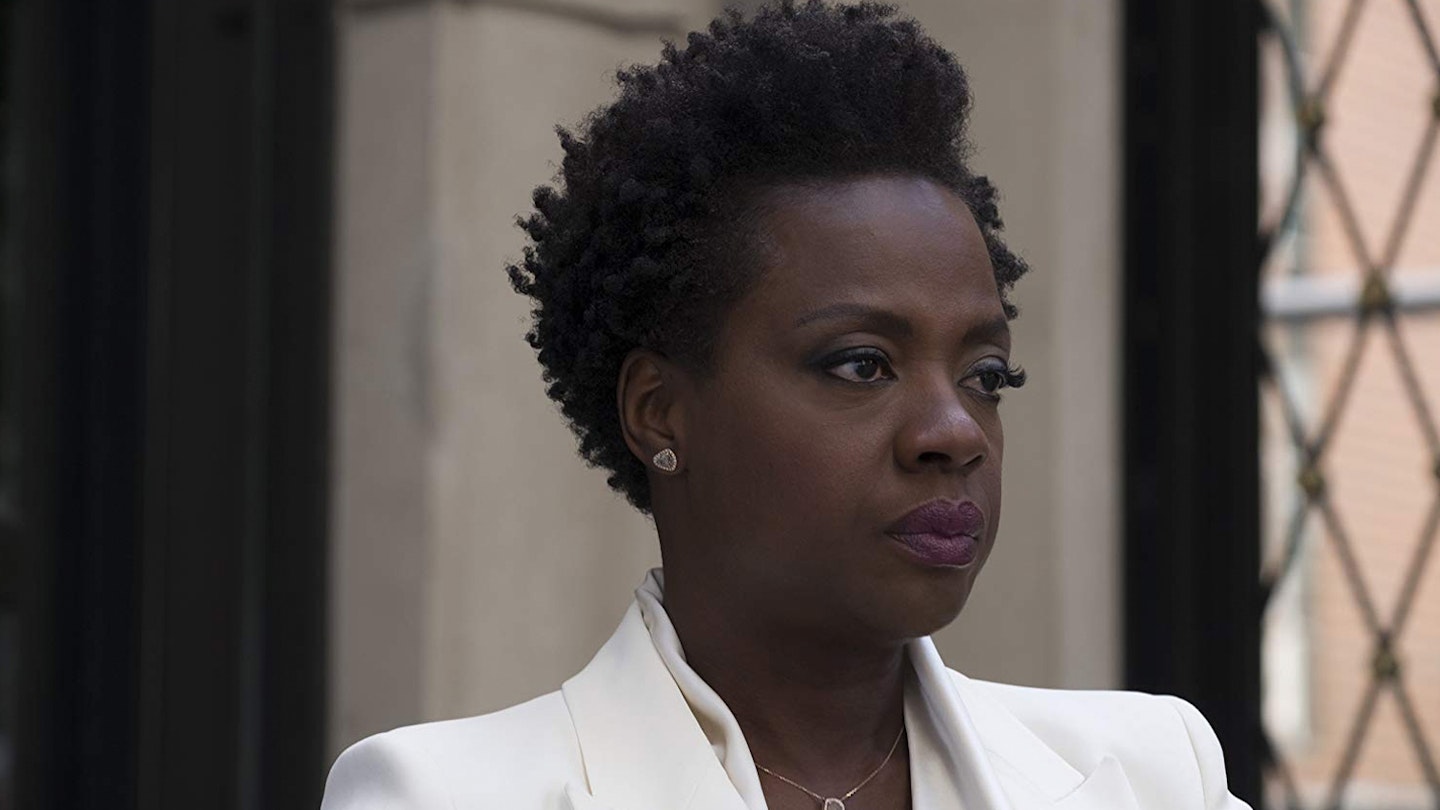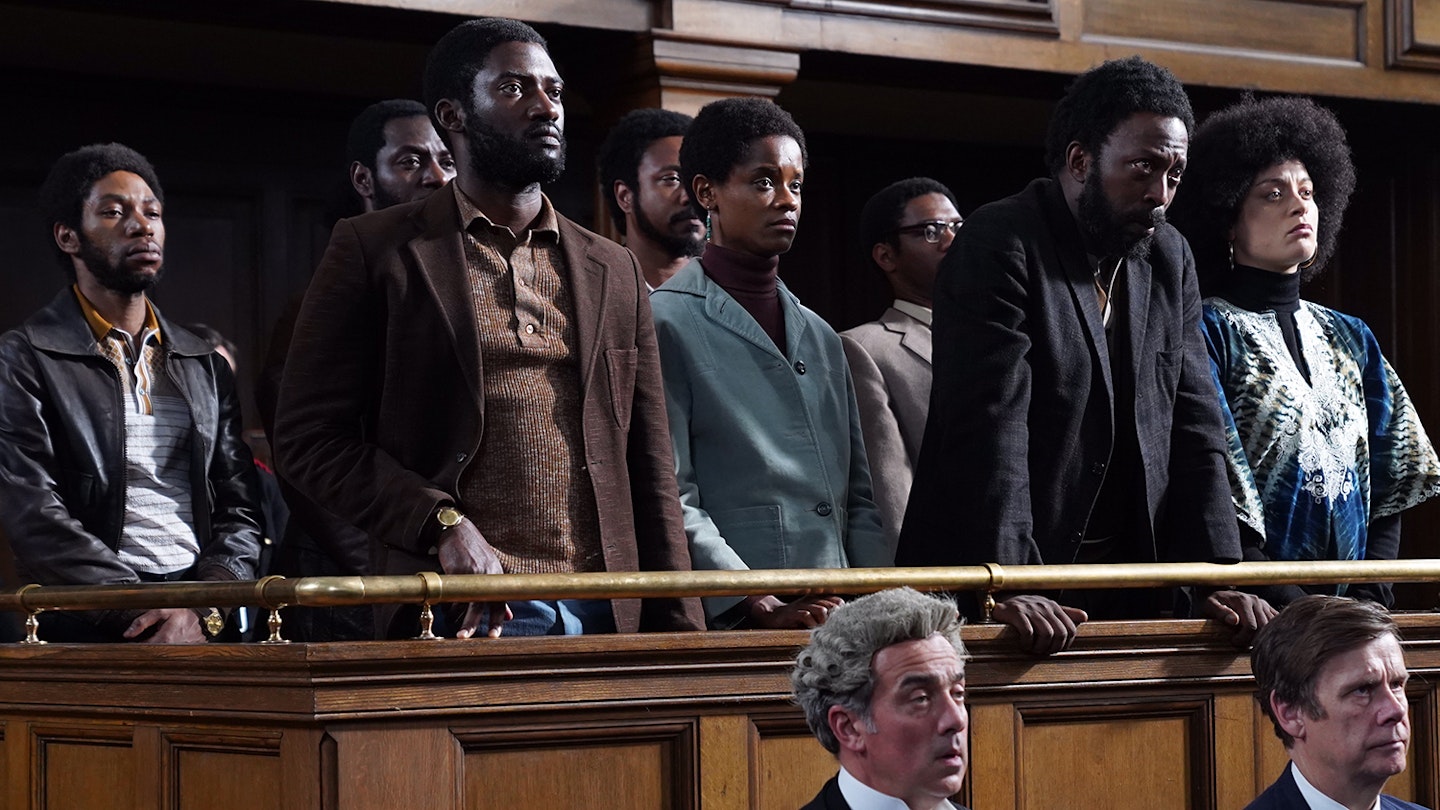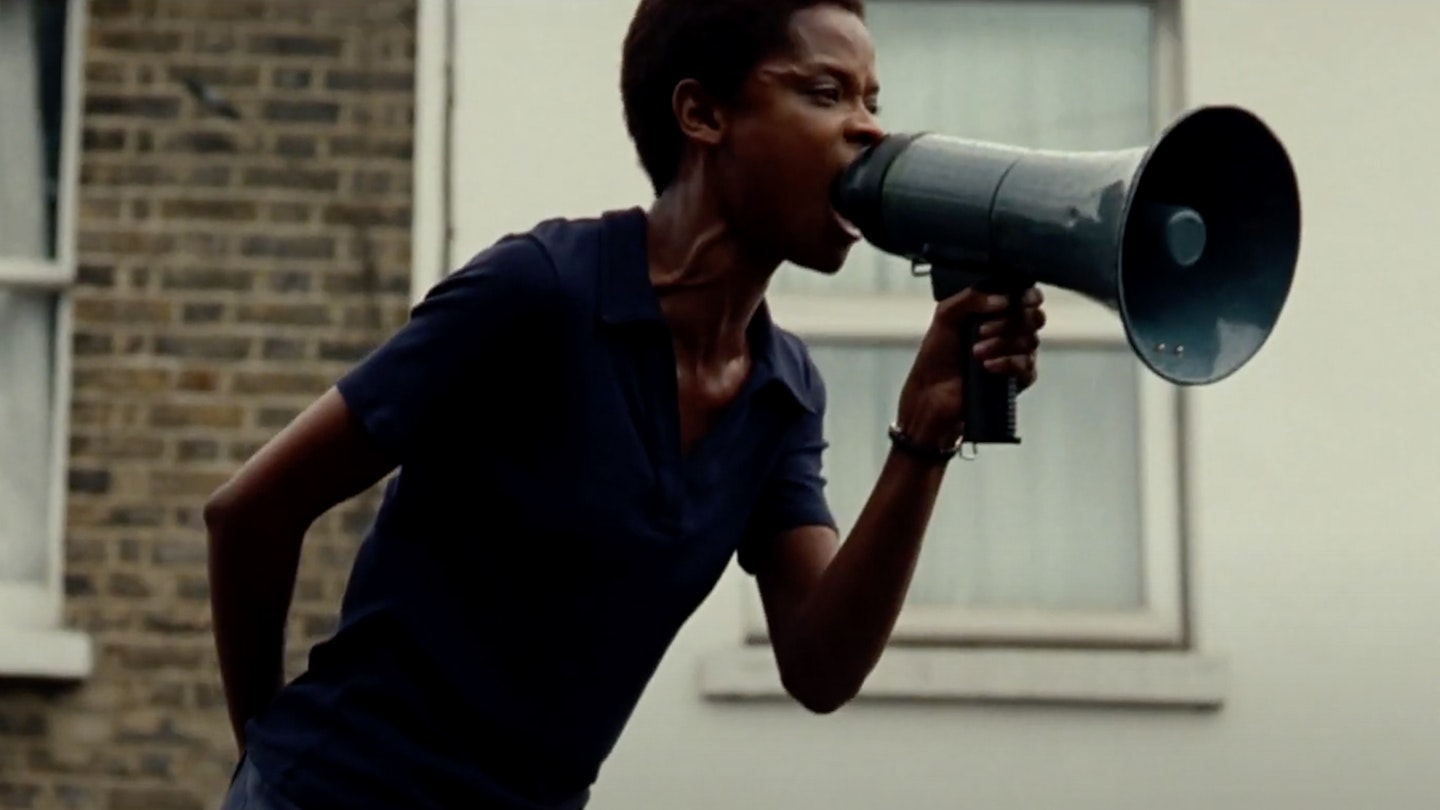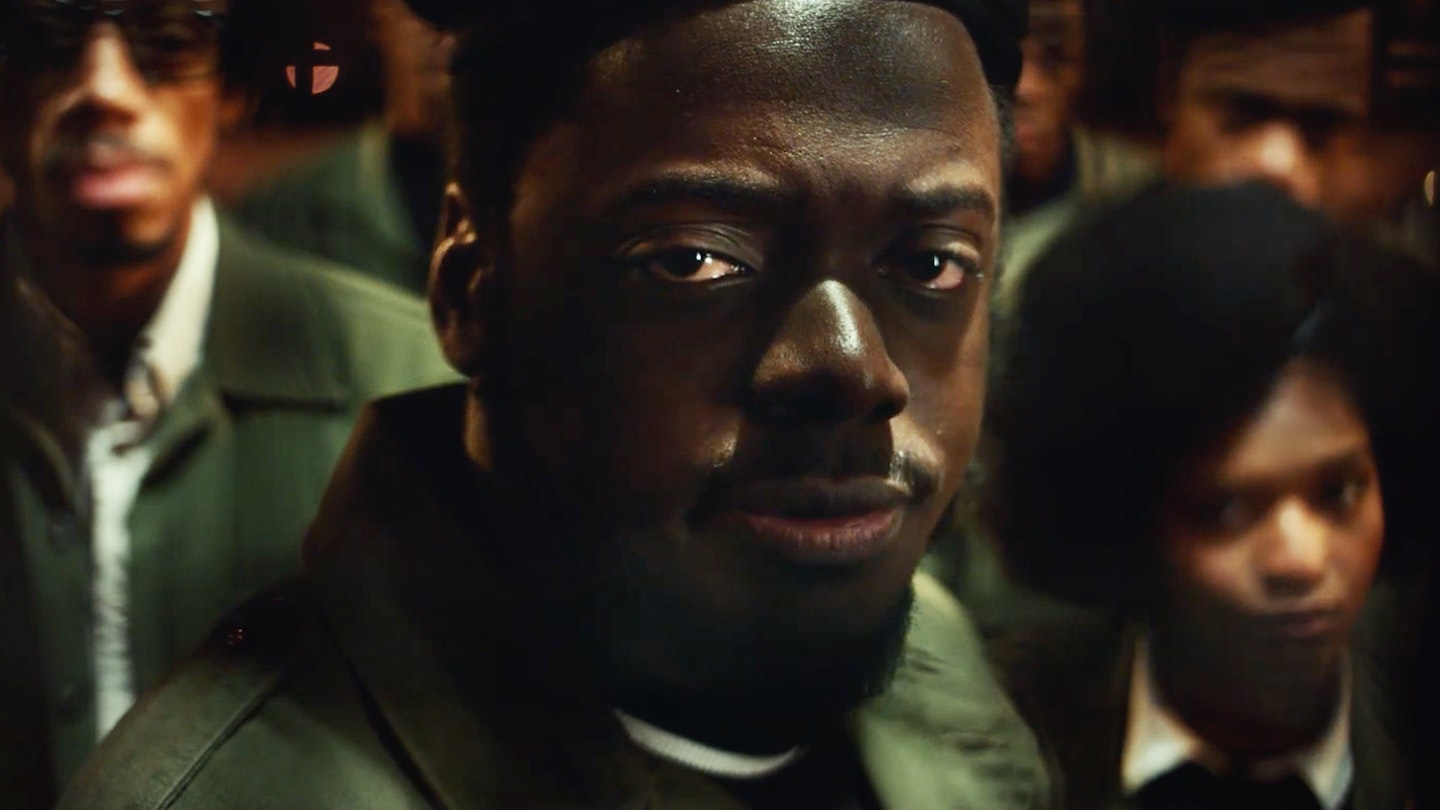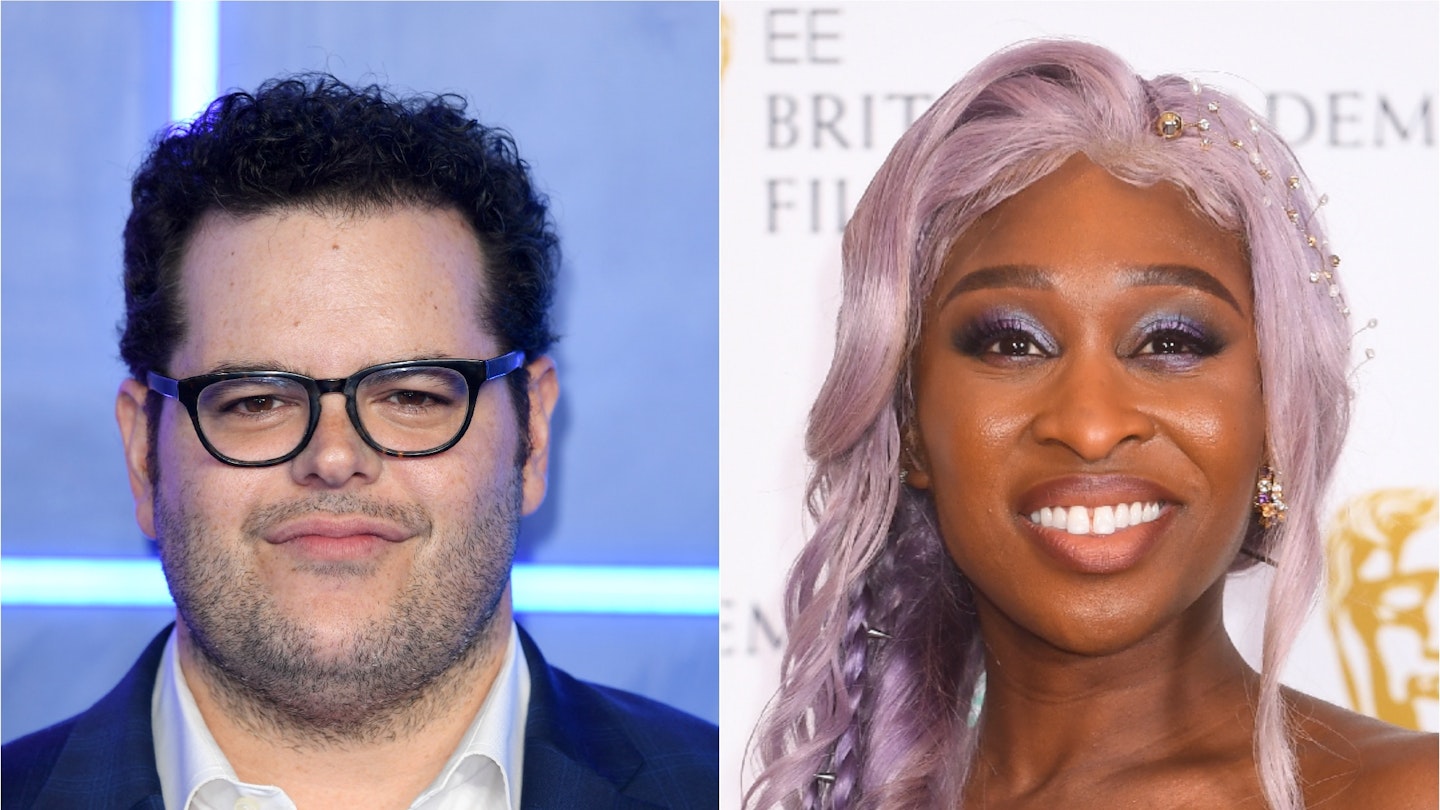When it was first announced, Widows seemed like an incongruous, Mad Libs, names-out-of-a-tombola project. Turner Prize-winning artist and Oscar-winning director Steve McQueen, adapting a 1980s ITV television series, itself based on a Lynda La Plante novel? What next, Terrence Malick tackling Inspector Morse? Anish Kapoor’s Minder? And yet, somehow, Widows works. There’s a strange alchemy to make its disparate constituent parts fit — or at least, fit once McQueen has moulded it carefully to his specifications. The result is a mixture of high-minded prestige cinema and explosive multiplex entertainment. For those lamenting the dumbing down of blockbusters, here is one with something to say.
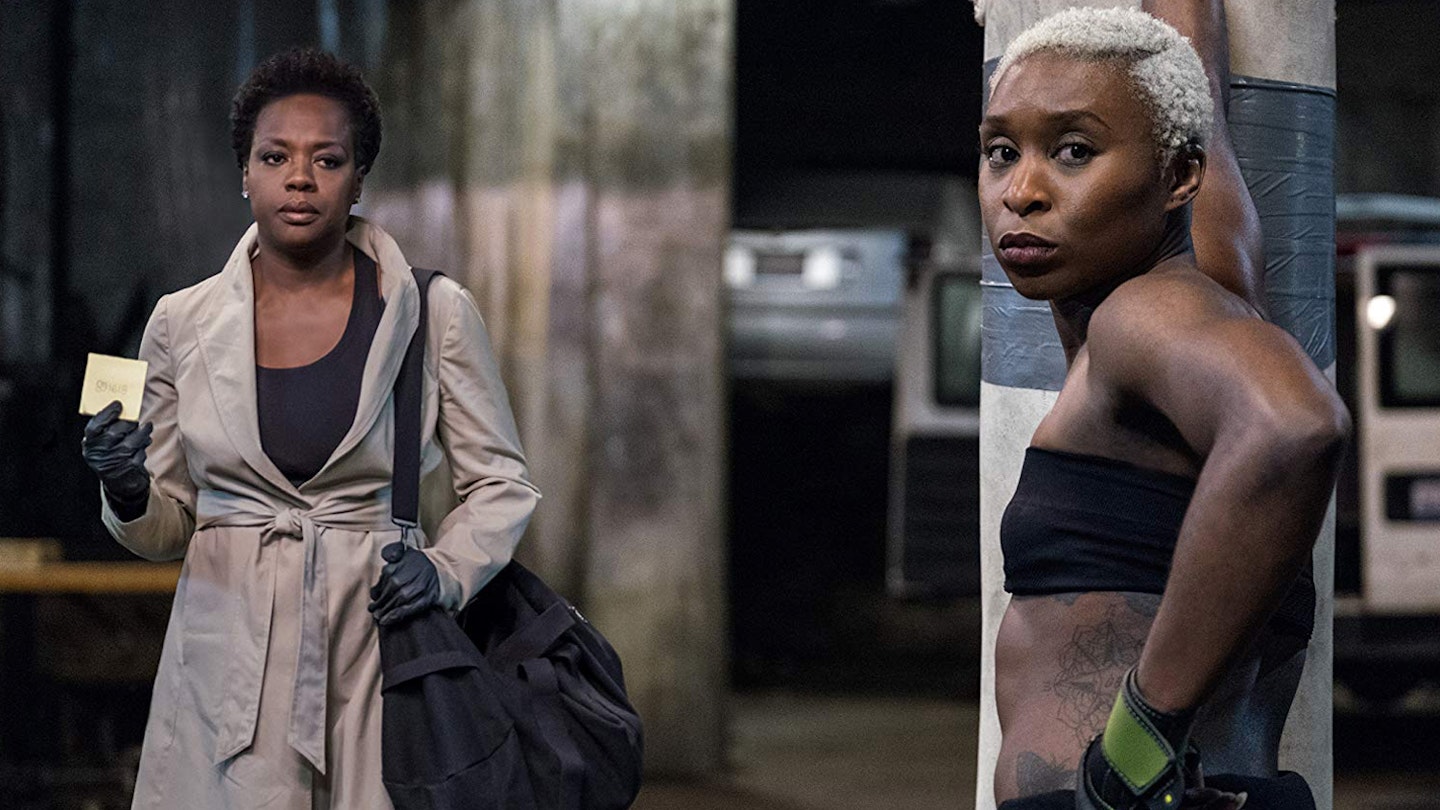
It opens simply and sharply. Save for a quick shot of some heavy petting, we launch straight into a riveting heist-gone-wrong, shot from the POV of a speeding van, the camera in the thick of flying bullets and screeching tyres. Perhaps it’s a defiant statement from the director — who once filmed a 17-minute static shot, in 2008’s Hunger — that he can do pacy, muscular, snappily edited action. On this evidence: he’s not wrong.
What starts as a lean revenge potboiler quickly expands into a sprawling treatise on modern-day America.
That gripping opening sequence economically sets up the premise: after four career criminals are killed on the job, their widows improbably take up the crime baton to pull off the heist of a lifetime. That’s the basic set-up, but McQueen’s ambition stretches beyond genre, dilating his lens to include the social, the political and the personal. Set in 2008 Chicago (a year which saw murders in the city increase by 15 per cent), what starts as a lean revenge potboiler quickly expands into a sprawling treatise on poverty, violence, policing, corruption and what it means to be a minority in modern-day America.
Lofty ideas, perhaps, but McQueen is so confident in how he approaches his storytelling that we almost don’t notice the themes he’s quietly ushering in around the fireworks. There’s something of David Simon’s The Wire in the way the film tells such an epic morality tale, and how it uses a city as a pessimistic metaphor for America in microcosm. The film’s most startling shot comes from a camera fixed to the bonnet of a car: while a fiery conversation about power plays out unseen in the background, Southside neighbourhoods roll past, the streets transforming from poverty-stricken projects to leafy, gated mansions, in a thrilling piece of visual storytelling about inequality and opportunity.
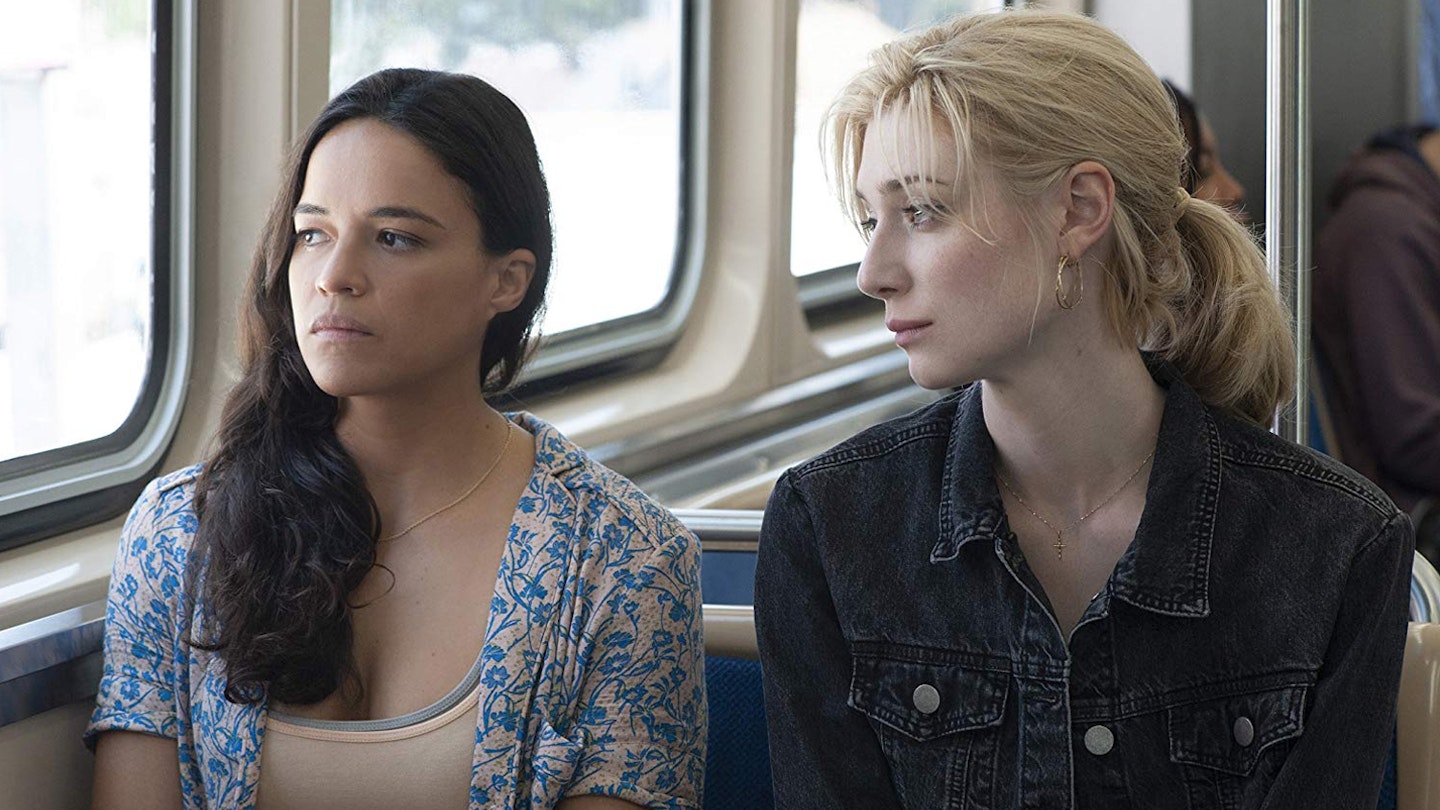
Some may feel the politics interferes with the plot, or that the genre clichés aren’t entirely transcended (one twist, in particular, will be contentious). But McQueen makes undeniably effective and efficient use of one of the best ensemble casts of the year. Daniel Kaluuya, in particular, is icy and intensely brilliant — a cooly calculated killer with the most terrifying swagger since Patrick Bateman. Yet the women are the clear stars: all four leads, in their own way, dazzle, surprise and challenge us. If we had to pick a standout, it would be the central performance from Viola Davis, who expertly juggles intense vulnerability with an indomitable toughness. “We have a lot of work to do,” she says at her steeliest moment, admonishing a fellow widow for allowing a touch of emotion. “Crying isn’t on the list.”
Crying is on the list for the film, though, almost inevitably given that title; those expecting a fun, sexy heist movie in the Ocean’s 11 tradition should perhaps moderate their expectations. In exploring grief, immorality, and every kind of pain, it’s an unforgiving and sometimes grim watch. But then, that’s the point: like the gritty New Hollywood auteurs of the ’70s, McQueen isn’t just after cheap thrills here. He has something to say.
